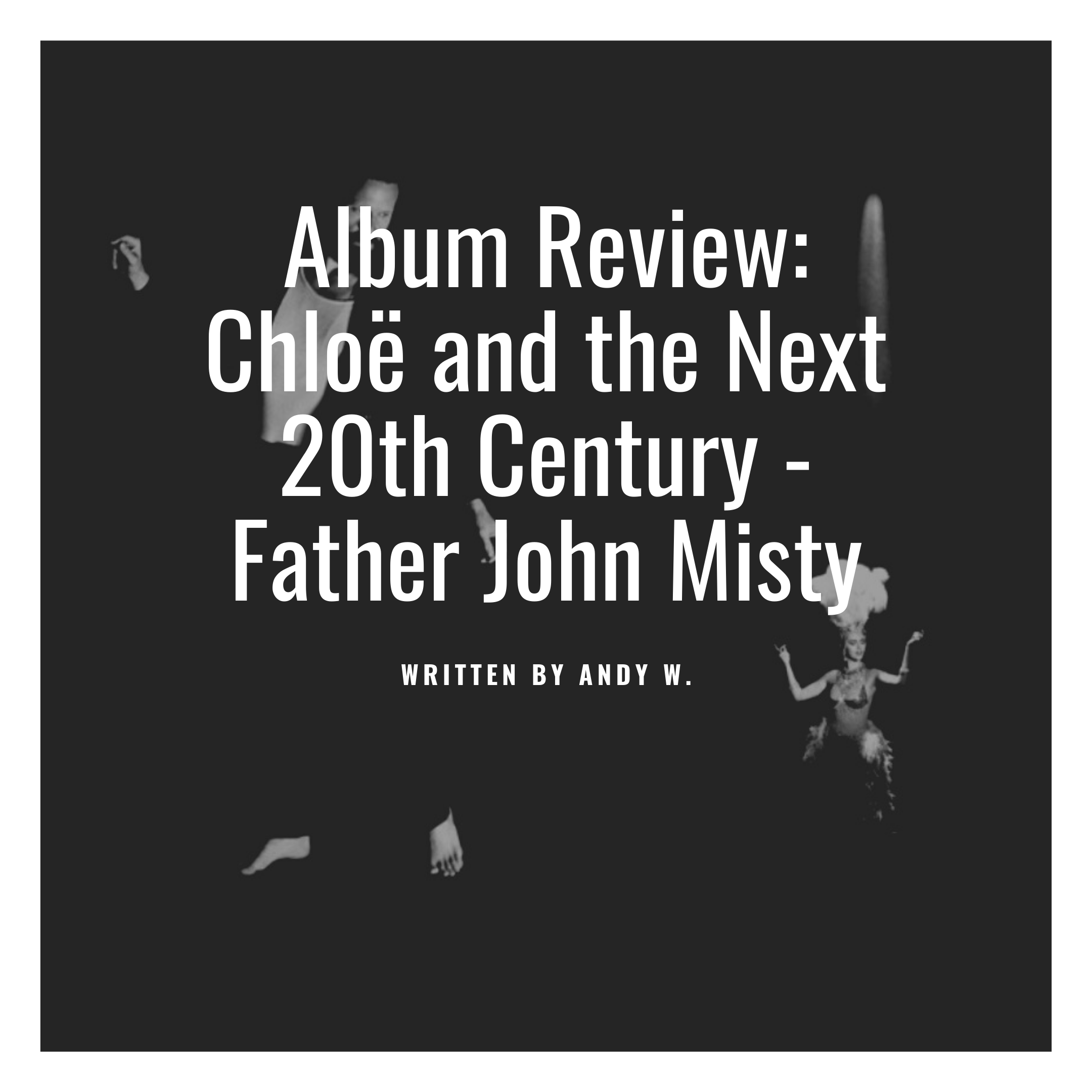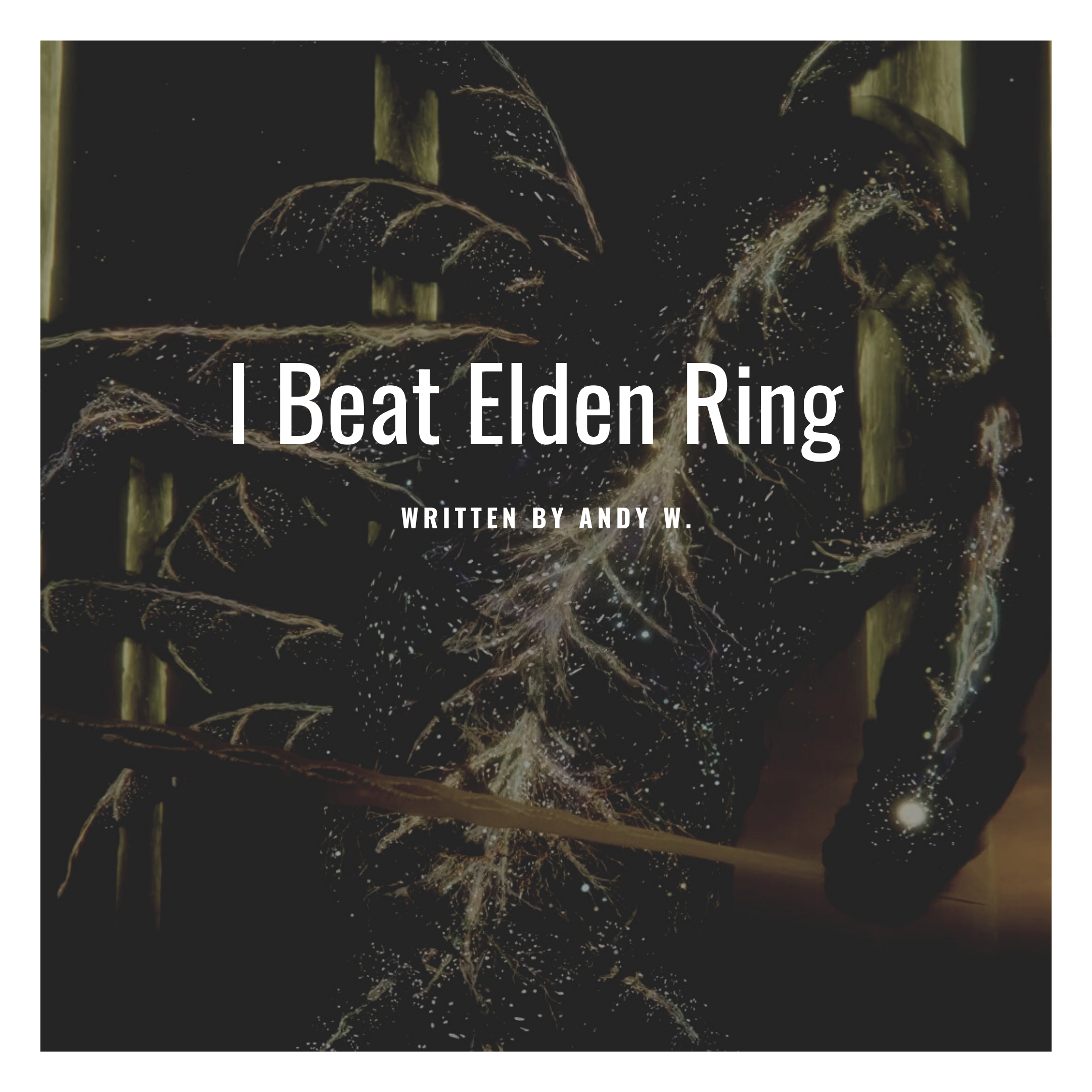Eclectic singer-songwriter Josh Tillman, more colloquially and widely known by his provocative stage name Father John Misty, has garnered a reputation for his lush production, witty sarcasm, and ear-catching musical talent. Since leaving his role as Fleet Foxes’ longtime drummer, Tillman’s four solo studio albums have received much fanfare and critic adoration. Each “era” has seen Tillman transform and mature in some way, all while retaining the core characteristics that define his truly unique persona. Most recently, Tillman’s 2018 record God’s Favorite Customer was a revelatory and brutally honest self-reflection on what appeared to be a rock bottom for the typically stable yet contemplative artist. Now more than ever, I find myself eager to hear what kind of artistic direction musicians are going to take after the darkest days of the COVID-19 pandemic. Instead of more self-loathing like on GFC, or silver-lined nihilism on the perfect Pure Comedy, or even more of the intricately and sublime love songs found on I Love You, Honeybear, Tillman has yet again decided to take his sound in a new direction. By embracing the glitzy, cinematic production popular during the 1950s and earlier, Tillman makes a statement about the state of current culture’s response to earlier generations’ shortcomings on his newest album Chloë and the Next 20th Century.
Character portraits have long been one of Tillman’s strong suits, and this songwriting technique is utilized in the album’s opening title track “Chloë”. Seemingly at first a loving portrayal of the title character, Chloë’s story ends tragically and unexpectedly just as soon as the album’s first track comes to a close. I find this begrudging acceptance of Chloë’s flaws in exchange for Tillman’s adoration ending so painfully a great metaphor for our tendency to view the past with rose-colored glasses. The upbeat instrumental refrain that follows the line “her soul is a pitch-black expanse” is a perfect juxtaposition that culminates in the song’s compelling final lines. “Goodbye Mr. Blue” follows, and we see Tillman embrace more of a bluegrass influence with plucking acoustic guitars that back his wonderful storytelling. This track is heartbreaking in many ways, as it depicts the feline remnants of a failed relationship meeting its end, thus signaling the true ending of any hopes of the couple ever getting back together - this song is about much more than losing a beloved pet. “Kiss Me (I Loved You)” establishes a vintage aesthetic with a retro-style vibrato overlay on Tillman’s vocals, and seems like a logical continuation of where the previous track left off. Tillman’s genius lyricism shows up yet again, with “Love is much less a mystery / Than who you give it to” standing out to me.
“(Everything But) Her Love” is next, and while I enjoyed the somewhat psychedelic and 60s-inspired production, I don’t follow or relate to the track’s narrative as closely as others on the project. “Buddy’s Rendezvous” follows and has quickly joined the conversation about my favorites from Father John Misty’s entire discography. Told from the perspective of a father who is reunited with his daughter after serving time in prison, this atmospheric ballad subverts its theme of questionable advice by asking some truly profound questions itself - an immediate standout served well by Lana Del Rey’s cover, too. “Q4” is next, building on Chloë’s narrative by introducing a writer sibling and outlining her rise and fall. This track dissects the advertising industry’s tendency to use tragedy to its advantage, twisting them and describing them as “deeply funny,” when in reality that depiction is the furthest thing from the truth.
“Olvidado (Otro Momento)” steps into the back half of the record, and while certainly experimental in nature, this Bosso Nova track doesn’t fit extraordinarily well into the tracklisting either thematically or sonically, so this is a miss for me. “Funny Girl” was the lead single for the project, and fits in very well in the context of the entire project. Stylistically, this laid-back delivery and swanky production matches the rest of the album’s aesthetic, with a gorgeous instrumental refrain that is one of the biggest highlights here. “Only A Fool” features playful and easygoing instrumental backings, sounding like it would fit in well with a Pixar score. This song leans on the multi-instrumental orchestral band that backs Tillman’s vocals, but not to its detriment; this lavish production keeps me coming back repeatedly. “We Could Be Strangers” is one of the more narratively creative tracks on the album, while at first seeming only like a typical depiction of attempting to revitalize a fleeting love interest, only to be revealed that the couple in this story’s narrative is making the most of their final moments after being in what will prove to be a fatal accident. This twist of fate is one only Tillman could execute as well as he does.
The second title track and closer, “The Next 20th Century”, proves yet again that Tillman truly understands how to effectively finish his projects on high notes. He did so with “I Went To The Store One Day” on I Love You, Honeybear, again with “In Twenty Years Or So” on Pure Comedy, and now again with Chloë and the Next 20th Century. Sonically similar to the tracks that preceded it, “The Next 20th Century” finds an intensity and directness from Tillman’s vocal delivery not found previously on the album. Industrial at times with a samba-like undertone, the track is suspenseful and builds gradually as Tillman depicts the shortcomings of the entertainment industry and American society as a whole over the past 100 years. In many ways, this record is simultaneously an homage to the nostalgic sound that perpetuated many of today’s best artists while also serving as a scathing critique of how the culture that same sound was built by was inherently coercive and disadvantageous for so many. The final section following the monstrous and badass guitar solo is worth highlighting as some of Tillman’s best writing yet. It’s worth a read and a listen: “The wheel is turning from night into day / Everything’s in transition, everything must change / But none of us here will ever see the promised land / None of us here will be there for childhood’s end / I see ya’, you student debtors - in a watchtower overhead / Searching for headlights in the driveway crying “Dad, look what they did” / Just look: Even their romance made us masters and slaves / And now things keep getting worse while staying so eerily the same / Come build your burial grounds on our burial grounds / But you won’t kill death that way / I don’t know about you, but I’ll take the love songs / Give you the future in exchange.” Here, Tillman masterfully depicts the shortcomings of previous generations and highlights their propensity to continue into the future, choosing himself to instead focus on and embrace the power of music instead of the overwhelming inequity that we find ourselves navigating still.
Unlike Pure Comedy, I don’t think Chloë and the Next 20th Century is a perfect album. At times, its many narratives, scattered references, and sonic decisions come up short, leaving me wishing that Tillman slightly refined some of these aspects for the final product. That being said, the vast majority of this project highlights Tillman’s unmatched ability to approach new sounds, concepts, and aesthetics all while retaining what makes him such a unique and personable artist. Chloë and the Next 20th Century is an exceptional critique that utilizes the best of what it’s commenting on to highlight the worst of it. I believe that this project will age incredibly well and that Tillman’s foray into this vintage style will have been very much worth it. This is a great album that rewards patience and critical listening, and while many may find it challenging, I enjoyed it immensely from beginning to end.
Favorite tracks: “Chloë”, “Goodbye Mr. Blue”, “Kiss Me (I Loved You)”, “Buddy’s Rendezvous”, “Q4”, “Funny Girl”, “Only A Fool”, “We Could Be Strangers”, “The Next 20th Century”
SCORE: 8/10




